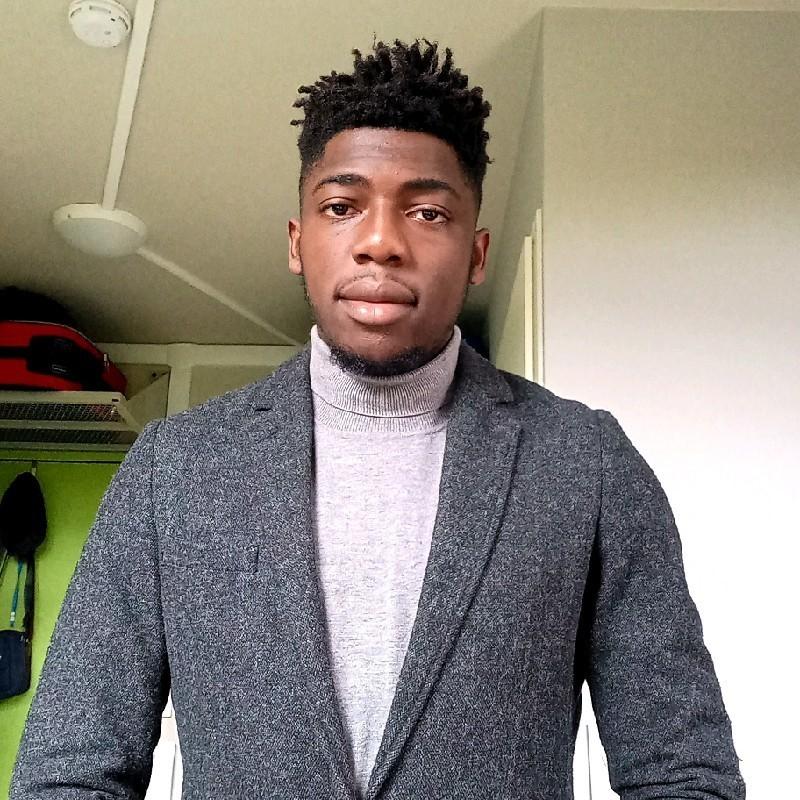Choosing a postgraduate degree in Paris
Ange Bernardin Chambissie Kameni shares his journey from undergraduate in Cameroon to international master’s student in France
Share
When I started looking at going to university in my home country of Cameroon, my first choice was computer science, but because I did not have any honours at the baccalaureate level, my application was refused in this field. I was directed to my second choice: physics.
This did not discourage me. On the contrary, I was determined to prove that the lack of honours at the baccalaureate level did not define my true academic level.
I was lucky enough to meet senior students who encouraged me and advised me to work hard and look into scholarships to help me study abroad. With this goal in mind, I threw myself into my work. When I finally obtained my bachelor’s degree in fundamental physics I ranked first in my class.
After this achievement, I applied for several scholarships. I used the Etudes en France platform, where you can choose a maximum of seven options. To apply to the Université Paris-Saclay, you instead have to apply directly via the university’s eCandidat platform. If your file is selected as among the best, you then receive a scholarship proposal.
I received several positive answers, including the Paris Saclay IDEX scholarship to do a master’s in physics and applications. Having already heard about the international reputation of Université Paris-Saclay in the field of physical sciences (notably the quality of the training offered and all the opportunities one can have there) from a senior student who was already there, the choice was obvious to me.
Then it was time to start the visa process. This procedure itself was not difficult because as a scholarship holder I was given help from beginning to end by the university’s department for Student Life and Equal Opportunities (DVEEC) and the Science Accueil organisation.
They also provided me with assistance in finding housing, opening a bank account and registration at the university.
When I arrived in France, I was welcomed by my aunt. She gave me a place to stay while I waited for my room at the CROUS because I had arrived early. She also showed me how to go shopping in a supermarket and how to use public transportation.
Working on a student visa in France
Everything international students need to know about student visas in France
The cost of studying at a university in France
During my first classes, I noticed that the educational system and culture in France were very different from those in my country. I had to adapt to it, and learn to be independent and more communicative with both teachers and classmates.
The most difficult thing was making friends. It took time for me to make connections because I spent a lot of time in my apartment and didn’t socialise with my neighbours. Also, since I was a new in the master’s programme, most of the students in my class had already known each other since their first year. So, groups had already formed and it was difficult to fit in. Nevertheless, I approached this master’s degree with the same passion that led me there.
Eventually I was able to integrate with my classmates. I remember making my first friend while waiting in the queue to enter the canteen. He was also a foreign student, and we began to discuss several topics, mainly about our different cultures. He also told me how he managed to integrate into the system.
I had the opportunity to meet other students as the student representative for my course in the graduate school of physics. My job was to record any issues faced by students and propose solutions to make their life better on campus. I really enjoyed doing that because I got closer to French students and learned more about their culture.
At the end of the academic year, thanks to the help of my professors, I finished in the top five of my class; it was my greatest joy.


